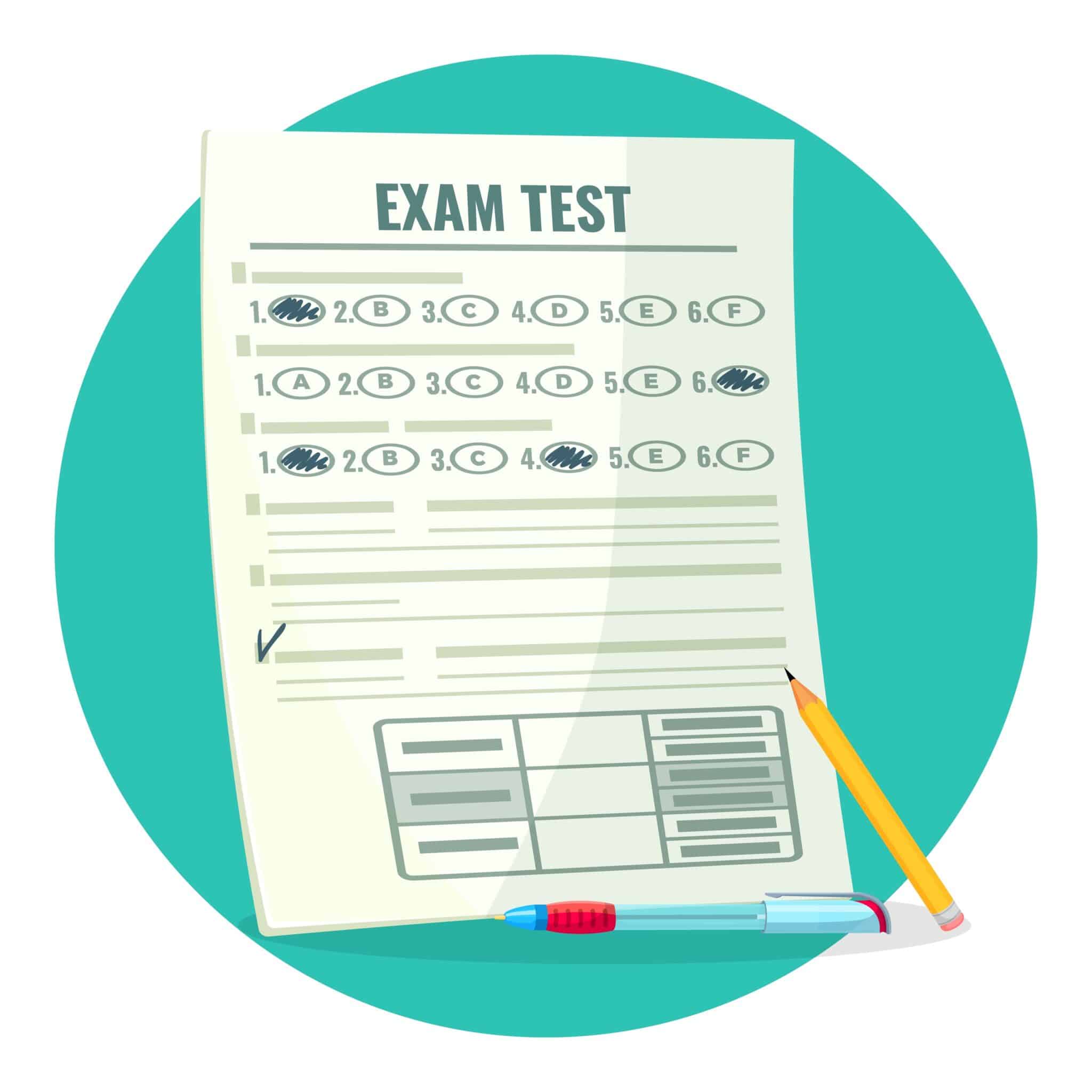Rutgers-Camden Blog
Tips for Surviving Finals Week

Final exams are around the corner. Are you ready? Do you have a strategy to help you in preparing for your finals? With the right approach, your exams can shift from a considerable weight on your shoulders to determining if you have accomplished the results highlighted in the course syllabus. The key to reducing your stress and anxiety during finals week is reducing unproductive habits and not making yourself vulnerable to undue pressure. To ensure excellent grades and the least amount of pressure, check out the 7 study tips to help you make your final exams more manageable and successful.
1. Avoid Procrastination
From all-nighters to stress and panic, procrastination happens to many college students. To avoid this behavior, take these steps to get back on track.
- Set small goals to complete one task at a time
- Stay organized
- Focus your attention on the tasks at hand
- Remove all distractions (as much as possible)
- Plan early and often
2. Make sure you sleep
The earlier you begin studying, the less you must pull an all-nighter. To perform at your best, you must rest. According to Nazario (2022), sleep enhances the mind’s capacity to concentrate and actively fortify memories, making it more straightforward to reclaim knowledge.
3. Find a study space that works
Your study environment is critical to your overall success. Find a space and or place where you can minimize all distractions and interruptions. Ensure your area has all the supplies and resources you need to succeed.
4. Get rid of distracting devices
In today’s technologically connected world, it’s challenging to go more than a few minutes without checking your phone while reading or studying. If you constantly check your phone or social media apps, it is time to put the phone on silent or do not disturb.
5. Write out practice questions
This strategy requires you to reduce a semester’s worth of material into a few key takeaways. While the small details are essential, it is also crucial to recognize the big picture. Additionally, writing practice questions prepares you when it’s time to take the exam and enables you to think through the process. This strategy also helps students understand the gaps in the information and areas that require closer review. Lastly, creating tests for studying will help determine gaps in understanding for a better sign of topics requiring closer review.
6. Don’t be afraid to try new study methods
There is no one-size fits all study approach. Some students retain information by reading, while others utilize flashcards and highlighters. Be creative in your process and think about the best ways to keep information. A unique plan may be more productive for one class than others, so don’t worry about changing things up.
7. Take Breaks
Breaks are highly effective and helpful in keeping you on task. Study breaks from 5 minutes to an hour refresh your brain while increasing your energy, productivity, and focus. Try these different activities during your break:
- Stretches
- Quick walk
- Yoga
- Breathing exercises
- Meditation
- Eating a healthy meal or snack
- Clean up your work area
Once finals have concluded, take a moment to celebrate your success and then assess your semester honestly. Avoid being too hard on yourself; take a constructive criticism approach. Think about what you would like to do differently next semester. Best of luck with your final exams!
Resources:
Nazario, J. (2022). Sleep deprivation and memory loss. Retrieved December 1, 2022, from https://health.cornell.edu/about/news/study-breaks-stress-busters#:~:text=Research%20shows%20that%20taking%20purposeful,productivity%2C%20and%20ability%20to%20focus.
Segarra, J. (2022). Five of the best spots to study at plnu. Retrieved December 1, 2022, from https://www.pointloma.edu/resources/undergraduate-studies/5-best-spots-study-plnu
Watkins, R. (2017). How to prepare for final exams. Top 14 and easy tips. Retrieved December 1, 2022, from https://thecollegepost.com/final-exams-preparation/


